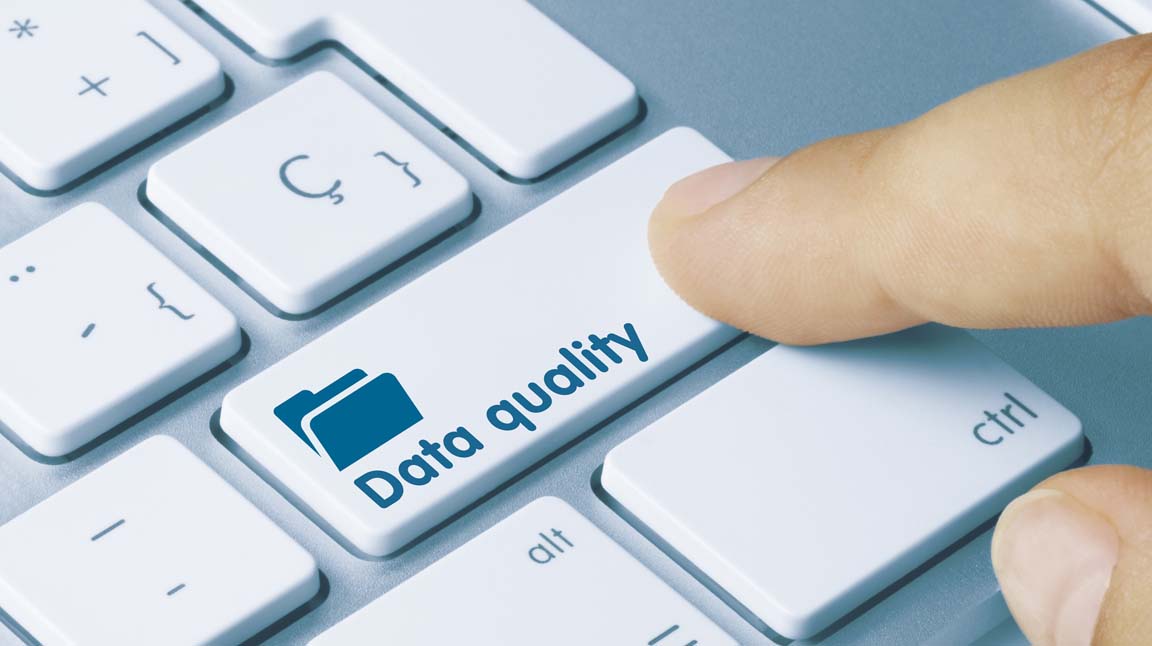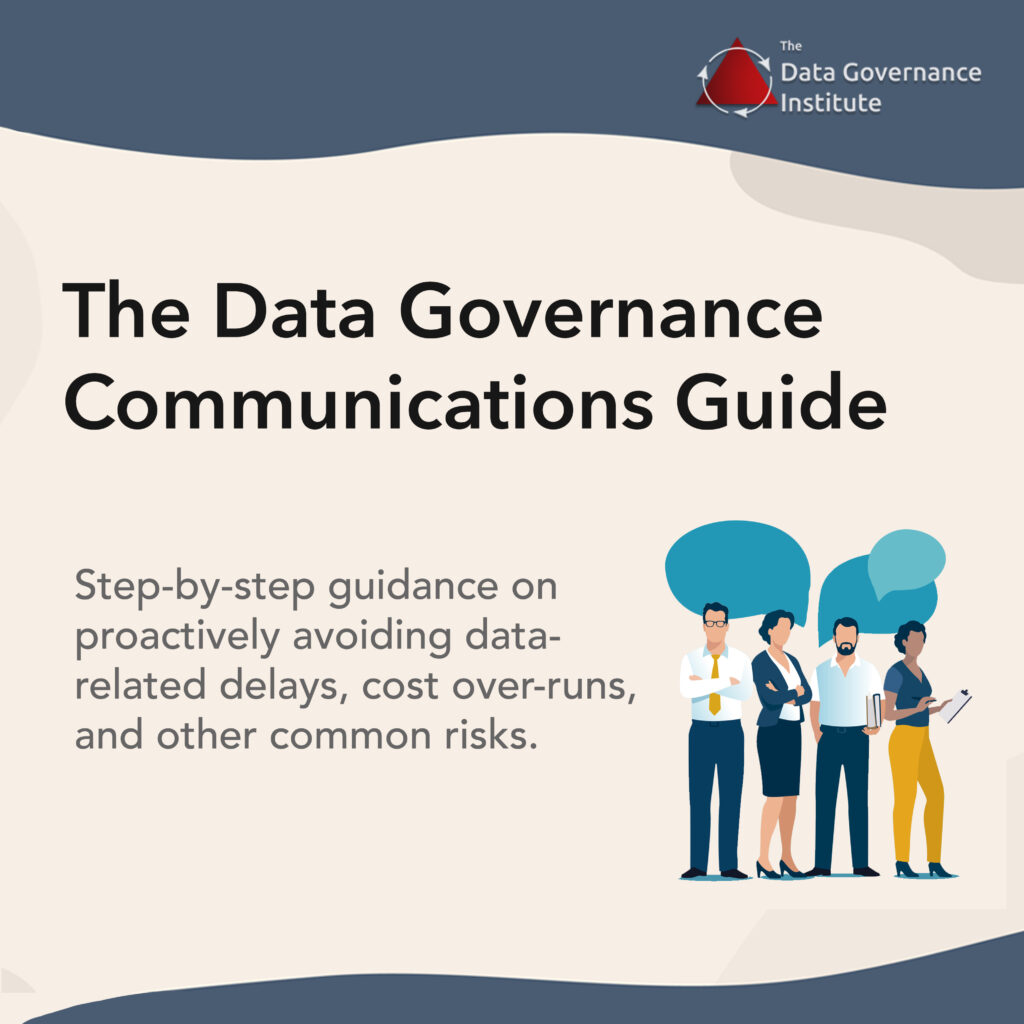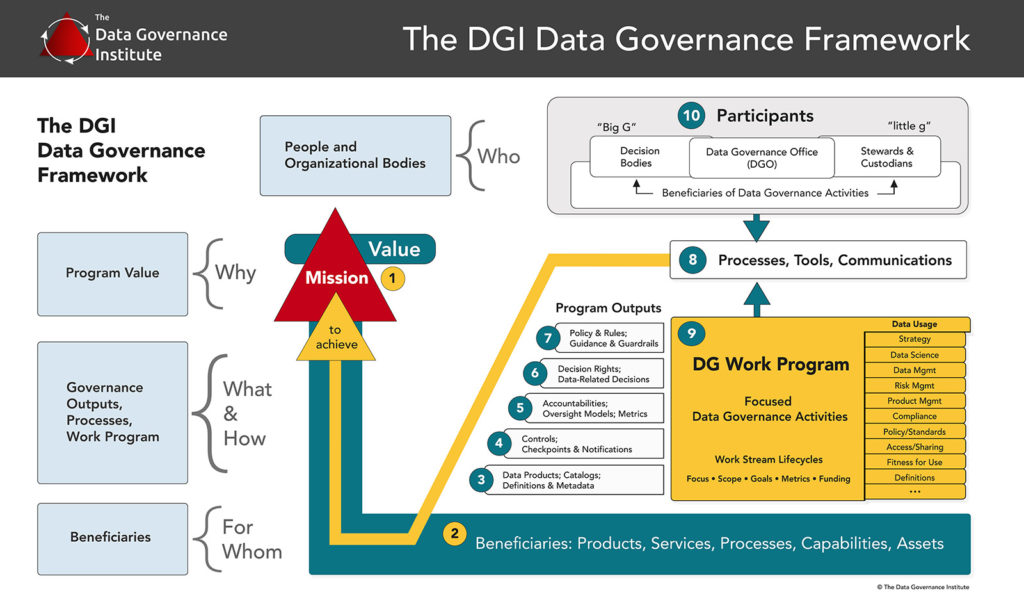This type of program typically comes into existence because of issues around the quality, integrity, or usability of data.
It may be sponsored by a Data Quality group or a business team that needs better quality data. (For example: Data Acquisition or Mergers & Acquisitions.)

These types of programs almost always involve Data Quality software, which may be used by business staff, technical staff, Data Stewards, Data Governance teams, or others.
These types of programs may begin with an enterprise focus, or efforts may be local to a department or a project. Sometimes, such governance groups adopt the philosophy of “act local, but think global” so the program will be ready to scale should other groups in the enterprise want to reap the benefits being realized by early adopters.
What type of data do such programs generally address in early iterations of the program?
- Sets of Master Data
- Sensitive Data
- Acquired Data
- Data of interest to stakeholder groups
A charter for this type of program may hold Data Governance and Stewardship participants accountable to:
- Set direction for Data Quality
- Collect Data Quality rules from across the organization into a set that stakeholders, Data Stewards, and other Data Governance participants can access
- Reconcile gaps, overlaps, and inconsistencies in Data Quality rules
- Monitor Data Quality
- Report status for quality-focused initiatives
- Identify stakeholders, establish decision rights, clarify accountabilities



